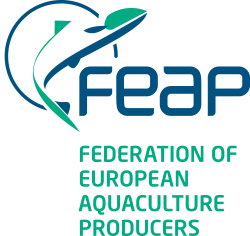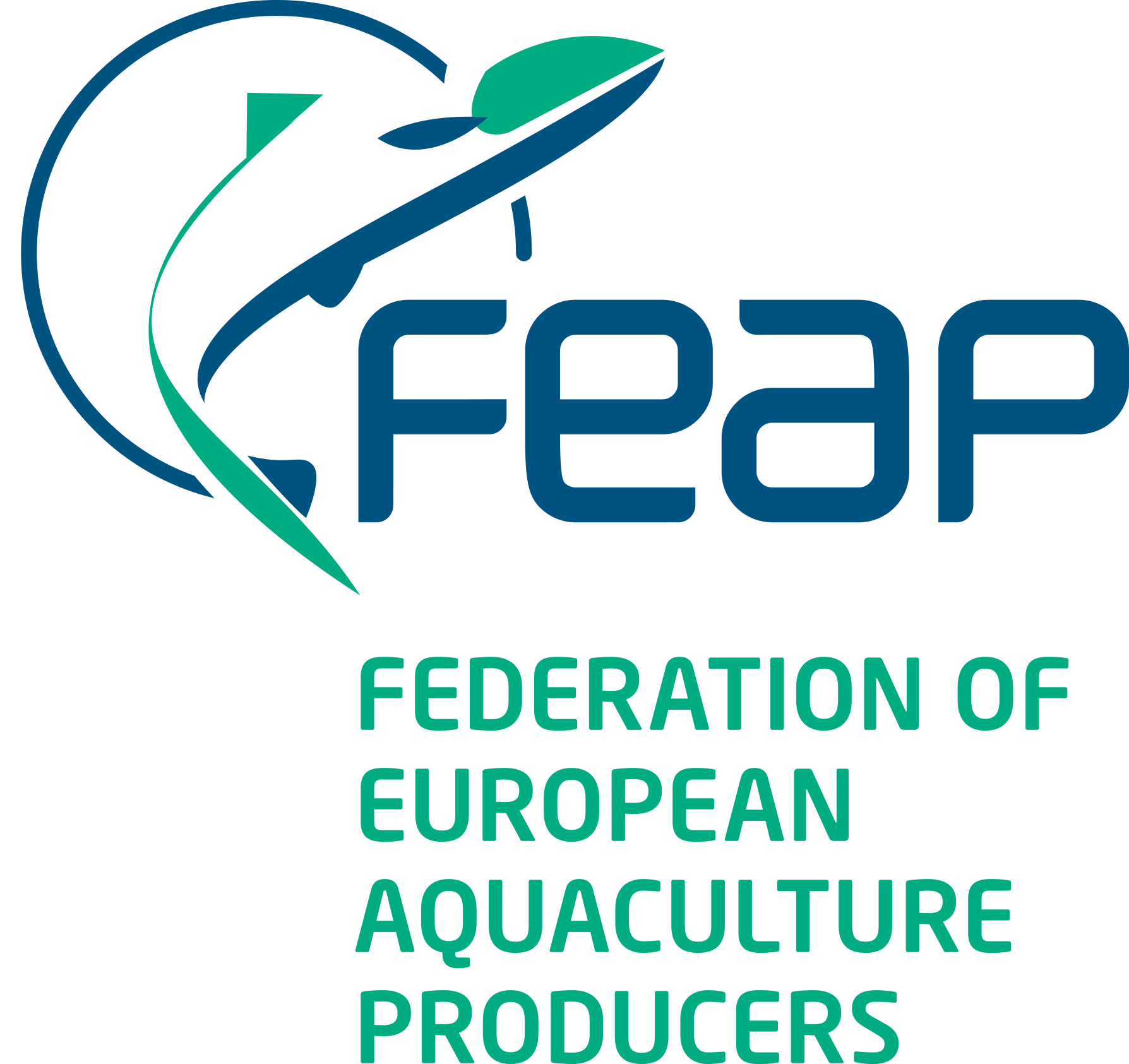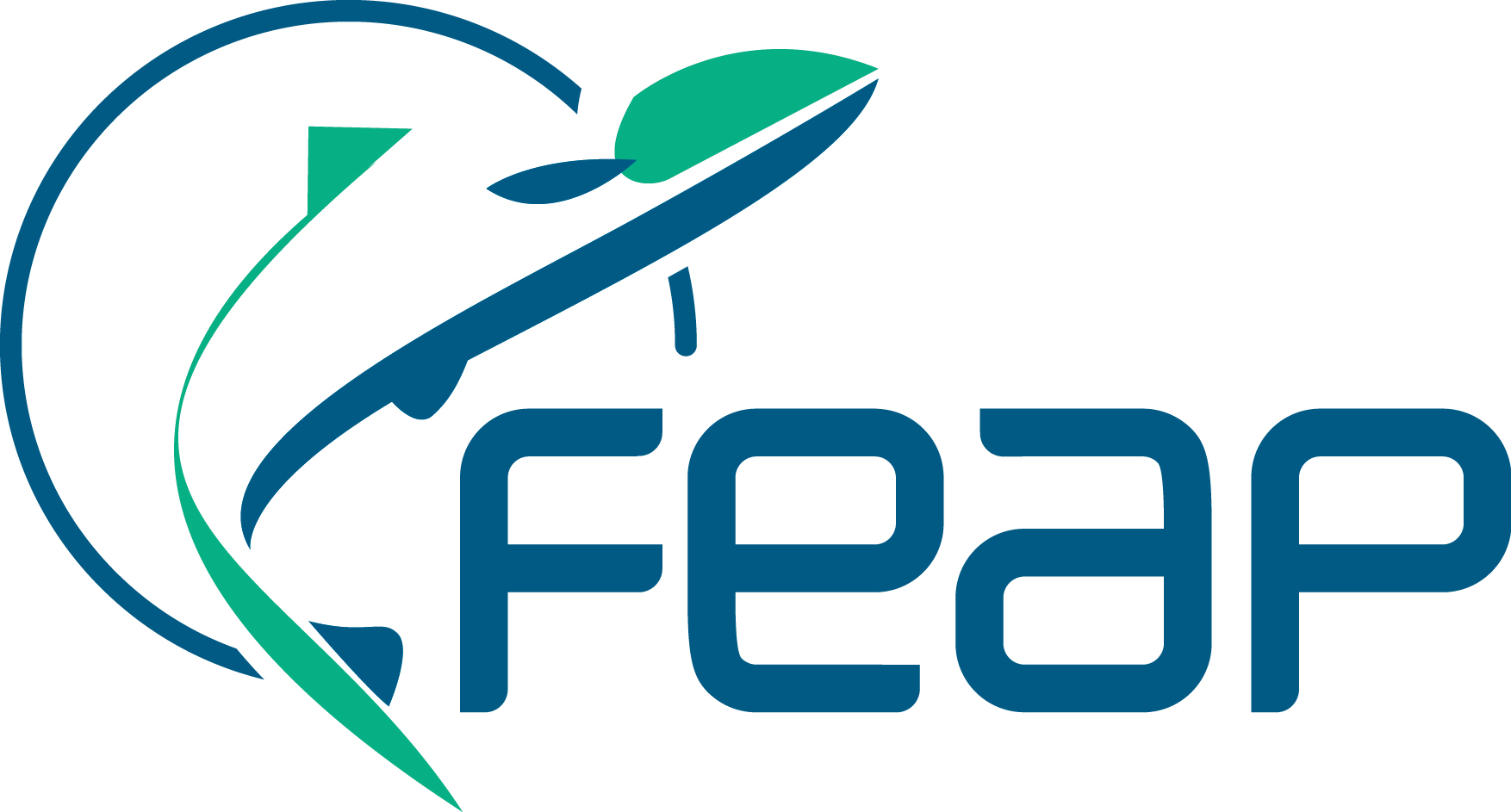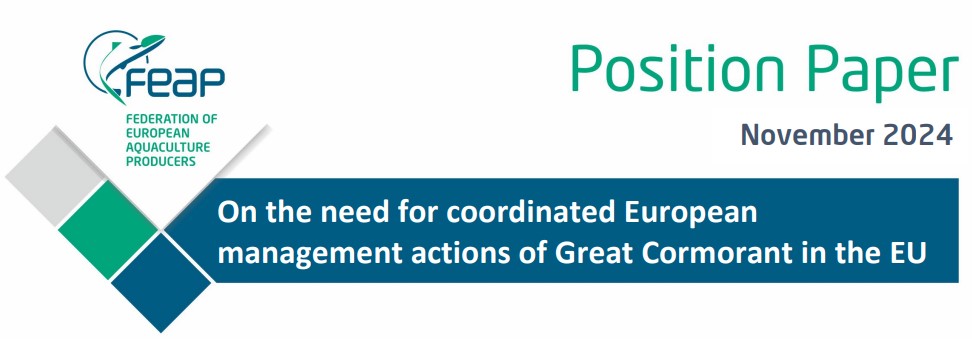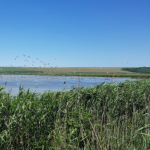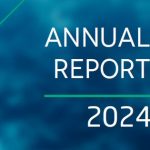Need for coordinated EU management actions of Great Cormorant
—
Proposals for action
- Aquaculture producers have an indisputable right to protect their own production on their privately owned and maintained fish farms, and they also have responsibility to maintain the welfare and health status of the fish they produce, protecting them from unjustified constant disturbance by cormorants.
- Maintaining the derogation by the Birds Directive is essential to sustain the EU aquaculture, even to protect the populations of threatened fish species, but also has to be
declared that the current practices doesn’t mean sufficient solution. - For this reason, FEAP is repeatedly and strongly urging the development of an operative European Great Cormorant Management Plan to reevaluate the carrying capacity of the different habitat types and regions and to determine the eligible measures as well as implementation of cormorant control measures and tools on spatial and time scale.
- However, beside the long-term solution, fish farmers need an immediate action developing a guidance document on how to apply derogations provided for in Article 9 of the Birds Directive, altogether with reducing the administrative burden and introducing a single, simple administrative procedure for applying the derogation tools.
- The cost of the control mechanisms should be financed through environmental protection and EU Rural development funds through national budgets in all concerned EU Member states. Compensation for the damages on fish stocks and farming structures, especially on man-made facilities, should be financed through the financial mechanisms designated for the protection and restoration of the environment according to the rule that whoever protects then pays.
- Increase support to scientific and technical research and innovation on the improvement of effective protection measures, new technologies for automatic monitoring and early damage prevention. An overview of international experiences on efficient wild species control should be carried out. Practices on derogation systems, regulation mechanisms and compensation schemes should be shared between EU Member states.
Recent Posts
